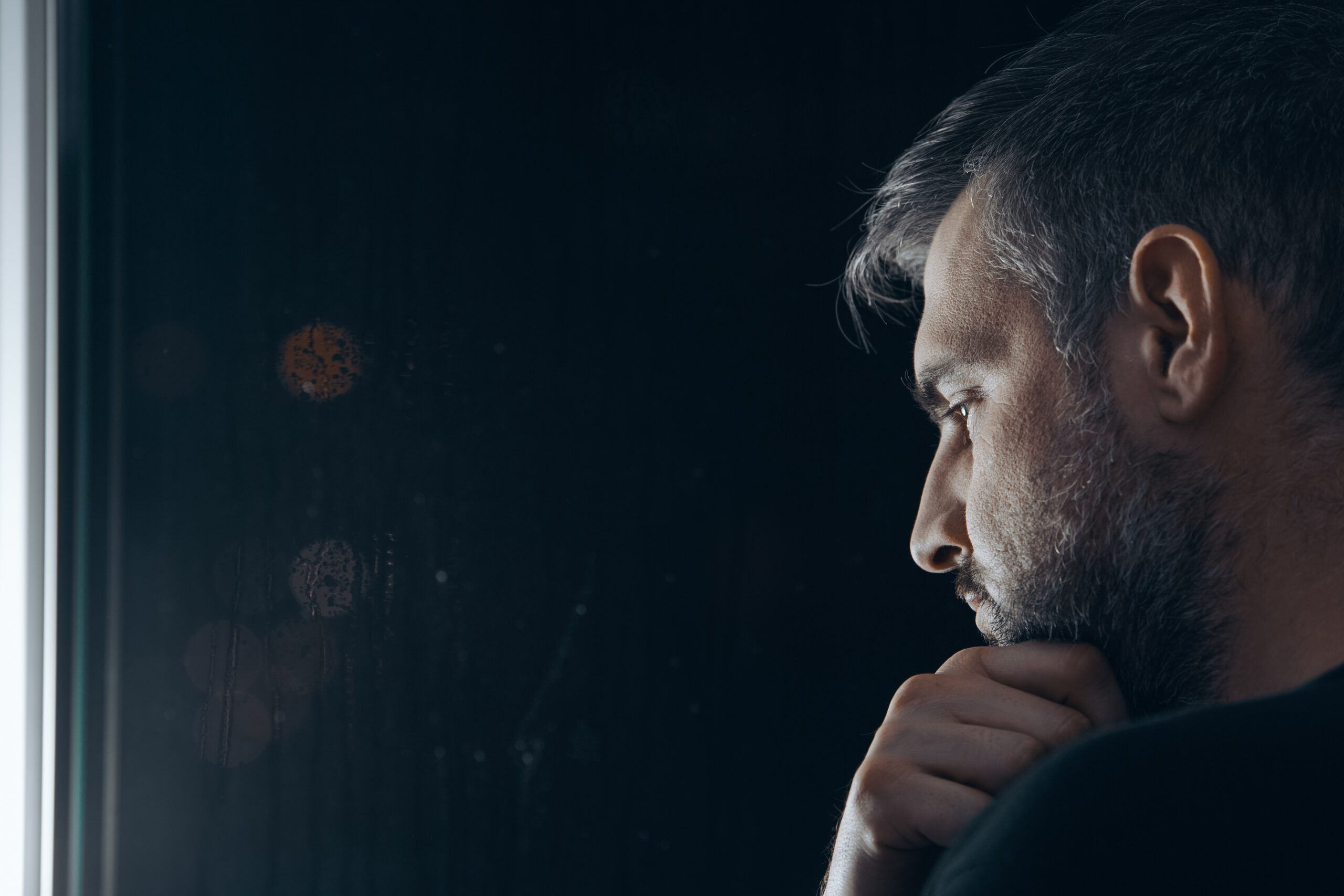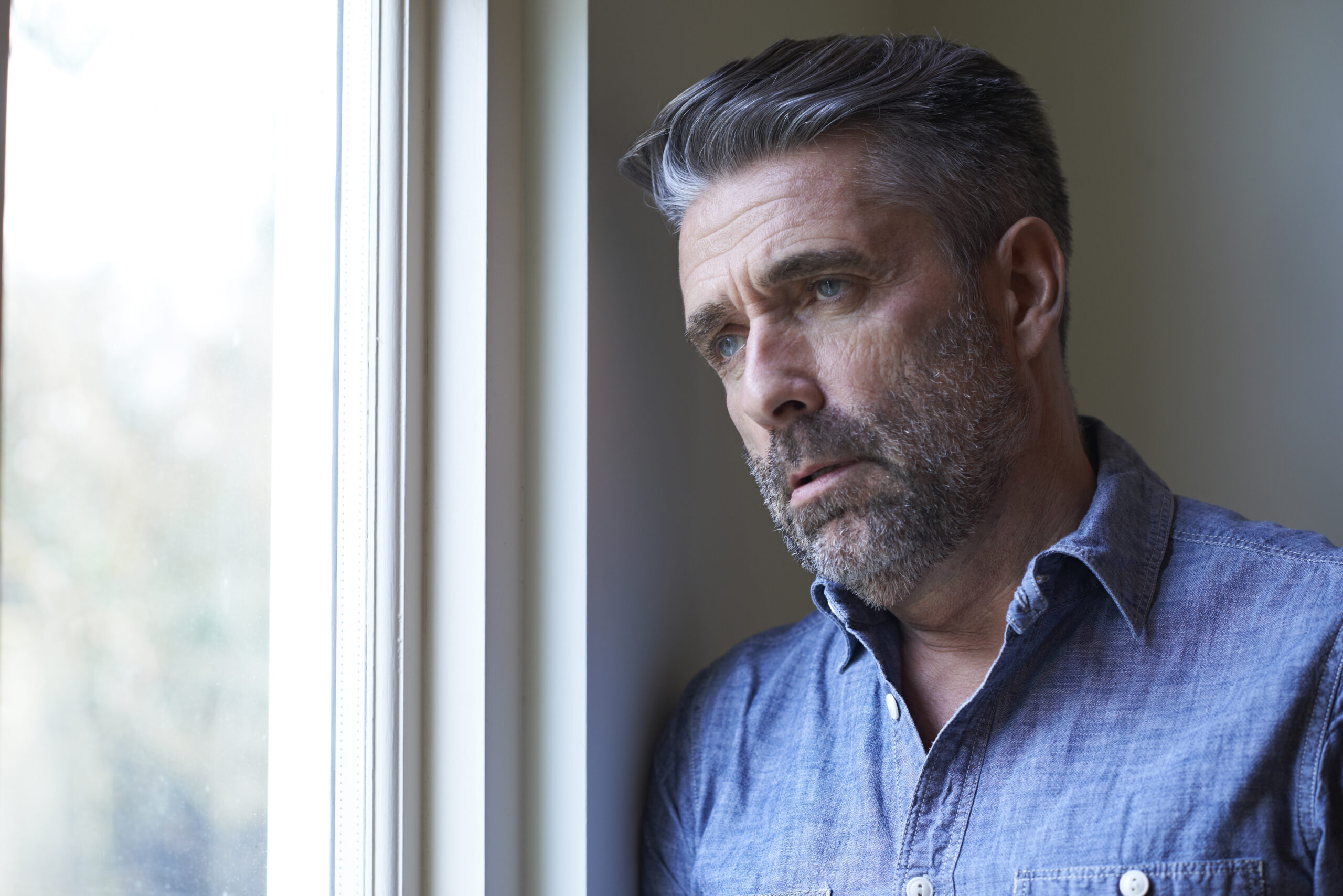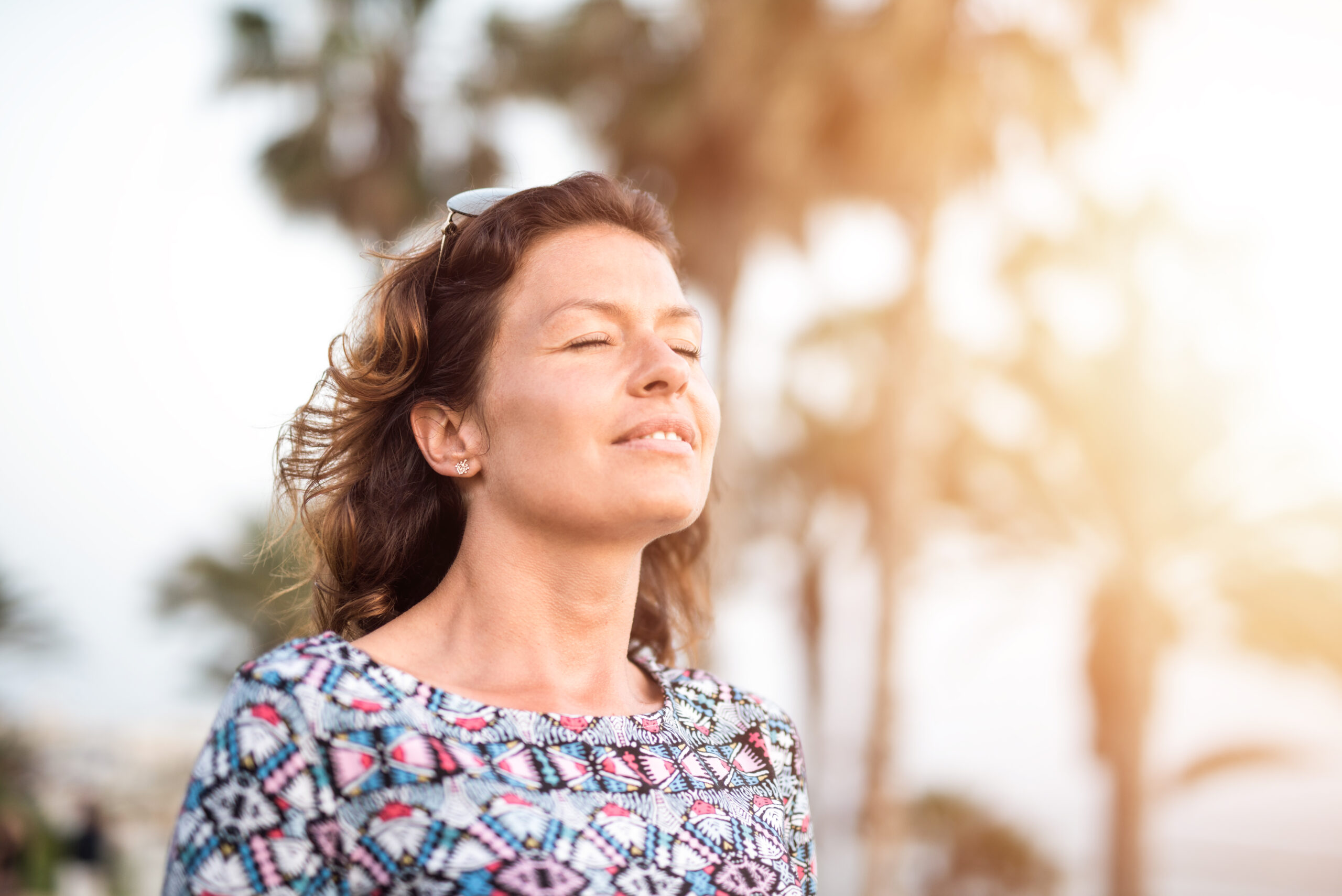
Is Addiction a Disease or a Choice?
Addiction is a serious issue. For that reason, there are important conversations happening regarding the nature of addiction. One of the most contentious debates within the mental health community regards whether addiction can be classified as a disease.
Proponents of the disease model say that addiction resembles any other chronic disease since substance use disorders have a biological basis. Critics argue that addiction is the result of a moral failure, a weak resolve to say no or a selfish desire to get high.
While there’s no shortage of debate on the topic, the answer is clear— addiction is a disease, and there’s science to back it up. In this article we’ll explore why addiction is a disease and not a matter of choice by covering the biological basis for substance dependency and how addictions are treated.
Addiction is a disease
Addiction is a disease. According to the American Addiction Centers, addiction functions in the same manner as other diseases in that it is marked by periods of recovery and regression and usually requires continual management to sustain progress.
Like other mental health conditions, the symptoms and pain of addiction are often hard to see on the surface. Both happen on a neurological level and have to do with minute changes in brain chemistry and neurotransmitter functioning.
Dopamine is the main culprit for the addictiveness of certain substances. When drugs or alcohol are consumed, this pleasure-inducing chemical is released in the brain. This causes a positive association with the substance and reduces the body’s ability to naturally produce dopamine in response to happy moments.
In fact, the University of Michigan’s School of Medicine states that drugs generally produce between two and ten times more dopamine than natural rewards do. This chemical interaction that results from drug use is at the core of the disease model.
Moreover, substance use damages the prefrontal cortex. According to the Harvard Medical School, this area of the brain is responsible for self-control, decision making and delayed rewards. This impairment means that addictions become progressively worse, and personal agency in stopping substance use is stripped early on.
How does addiction happen?
While there are environmental pressures to drink or use drugs, like a drug-ridden neighborhood or extreme stress, the first time (or the first several times) someone uses a substance, it’s typically voluntary. The experience is usually pleasurable and produces few negative consequences.
The brain associates these pleasurable experiences with the substance, and the first pathway is carved out in the brain. These pathways will be dug deeper and deeper as a person continues use of the drug, and eventually, the neurological pathways in the brain are more like trenches.
No matter how much willpower a person possesses, climbing out of a chemical dependence is not possible without outside intervention. It would feel like trying to climb out a pit without a ladder.
Is recovery from addiction possible?
Like other chronic diseases, addiction is a biological process. That doesn’t mean recovery is impossible, though. With the right medical and mental health treatment, a substance use disorder can be overcome.
Trying to achieve sobriety independently of professional assistance is not recommended and statistically less successful. Additionally, experiencing withdrawal without medical supervision can be dangerous or lead to relapse, so getting set up with addiction services is your best bet for full recovery.
What does addiction treatment look like?
The best way to overcome addiction to drugs or alcohol is a two-fold approach. First, you’ll work to heal the body. This means participating in withdrawal in a licensed medical facility, managing the lingering symptoms of addiction and potentially taking advantage of medication-assisted treatment.
Second, you’ll work to heal the mind. This may include understanding the history of your addiction, identifying triggers, changing thought patterns and battling cravings. You’ll need to build up skills to avoid triggers and reduce your likelihood of relapse.
This approach of treating the body and the mind simultaneously is the best way to heal from a substance use disorder and start creating your new life. It’s essential to treat addiction with a holistic approach because this disease is biological, but it’s not just that— it’s a mental battle, too.
How do I start treatment?
Starting treatment should start today because the longer you wait, the deeper those pathways will be carved in the brain, and the harder they’ll be to treat. Don’t wait another minute, call Bluff Augusta today to start rebuilding your life.
Bluff Augusta is an evidence-based addiction treatment center that delivers personalized treatment from a holistic lens. Find trauma-sensitive treatment, equine therapy, family services and more here. [phone_linked text=”Get in touch to get help now.”]








